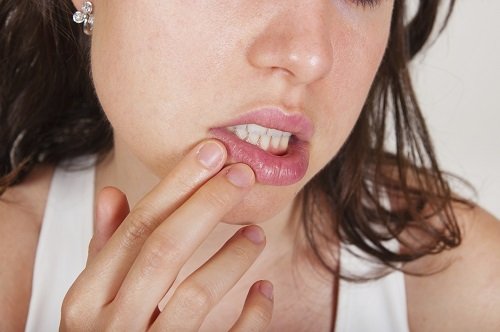It is important to keep observing your mouth’s health condition. This is so that any irregularities such as loose teeth can be corrected. There are a number of options to consider when it comes to replacing natural fallen teeth with artificial ones. The procedures are different in terms of detail, cost, and dependability. However, dental implants are by far the most trusted method recording the highest number of success stories.
Can implants and extraction be done on the same day?
This is a conclusion that only the doctor can make after assessing your gum and tooth condition. There are patients who have loose teeth, moderately damaged gums, and a jawbone that is still intact. If after extraction, the tooth does not leave a hole that is too big, then the implant procedure can take place. Otherwise, the patient has to come back.
How Long Should I Wait Before Coming Back For An Implant?
This is a case-by-case example because reasons for tooth extraction tend to vary. For example, when a patient’s gum is damaged, it means that they have more of the inner tooth exposed and tooth decay might have interfered with the jawbone. Without a stable jawbone to potentially hold the implant, the patient might have to go back and wait for the bone to heal and stabilize enough to allow for the implant procedures. This could take anywhere between one to three months. Once healed, the patient is then ready for the implants and a hole is made where the tooth was extracted and the titanium post inserted.
These are delicate procedures that should be performed by keen doctors. Cooperating as a patient means that you refrain from trying to hurry a process that your doctor advises against. Visit us today at our clinic and learn more about the options you have regarding extraction and immediate implant placement.


















